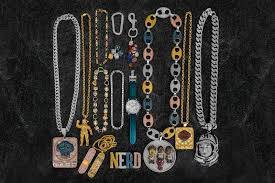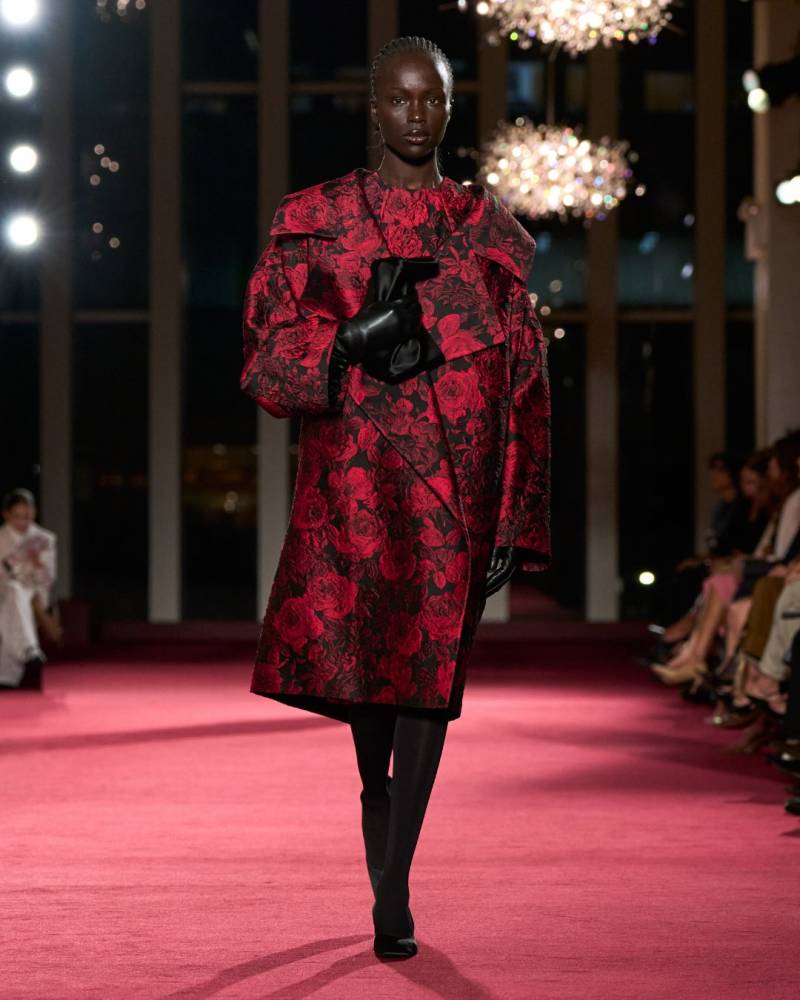Germany signed an agreement on Thursday to transfer ownership to Nigeria of the Benin Bronzes, among Africa's most culturally significant artefacts which were looted in the 19th century.
British soldiers took hundreds of bronzes - intricate sculptures and plaques dating back to the 13th century onwards - when they invaded the Kingdom of Benin, located in what is now southwestern Nigeria, in 1897.
The artefacts ended up in museums around Europe and the United States. African countries have for years fought to recover them.
Read Also: Top 5 Soft Skills for a Tech Professional Today
Germany returned the first of the sculptures to Nigeria in July.
On Thursday, the Foundation of Prussian Cultural Heritage (SPK) and Nigeria's National Commission for Museums and Monuments (NCMM) signed a deal transferring their ownership from the Ethnological Museum collection in Berlin to Nigeria.
The agreement, which the SPK described as the most extensive transfer of museum artefacts from a colonial context to date, covers 512 objects which ended up in Berlin in the aftermath of the 1897 looting.
The first objects will be physically returned to Nigeria this year. About a third of the treasures will remain on loan in Berlin for at least 10 years and exhibited at the Humboldt Forum in Berlin. The loan might be extended.
"This represents the future concerning the artefacts issue; a future of collaboration among museums, a future of according respect and dignity to the legitimate requests of other nations and traditional institutions," said NCMM's Abba Isa Tijani.
He urged museums outside Germany to emulate the agreement.
French art historians have estimated that some 90% of Africa's cultural heritage is believed to be in Europe. African countries have long sought to get back works pillaged by explorers and colonisers as Western institutions grapple with the cultural legacies of colonialism.
Earlier this month, London's Horniman Museum said it would return 72 artefacts, including 12 brass plaques, to the Nigerian government, following a similar move by a Cambridge University college and a Paris museum last year.
German Culture Commissioner Claudia Roth said it was an example for museums in Germany with colonial-era collections and that further agreements would follow in coming months.




